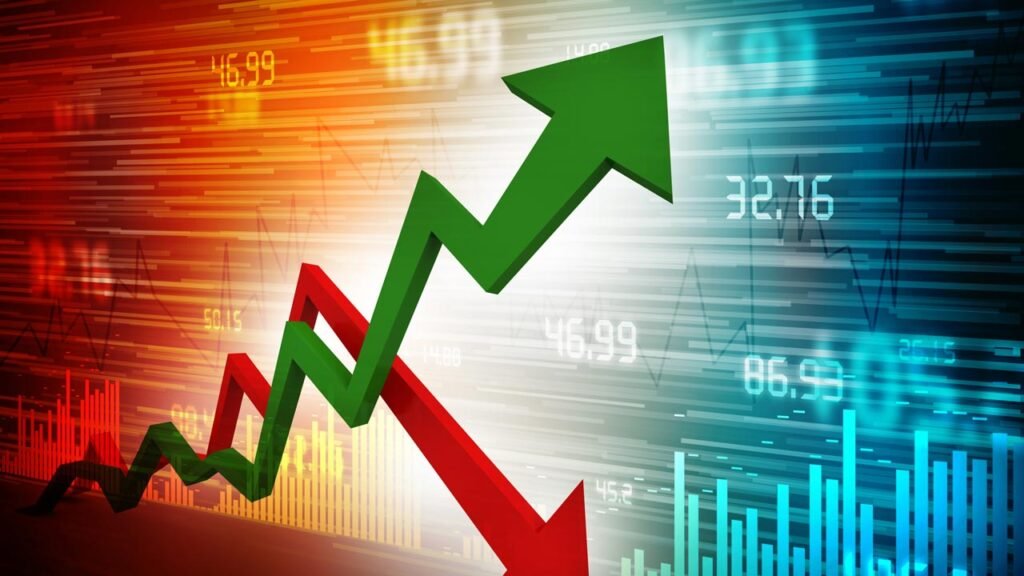
Food and basic commodity prices have surged in the past few weeks as Nigerians grapple with one of the toughest economic crises resulting from the removal of petrol subsidy and the unification of forex windows by the current government.
Despite the recent rebound of Naira, the inflation rate in Nigeria increased to 33.20% in March 2024, up from 31.70% in February 2024, according to the Consumer Price Index (CPI) report by the National Bureau of Statistics (NBS) released on Monday.
The NBS revealed that the March headline inflation rate showed an increase of 1.50% points compared to the February headline inflation rate. Furthermore, the headline inflation rate in March 2024 was 11.16% points higher than the rate recorded in March 2023, which was 22.04%.
In March 2024, the month-on-month basis headline inflation rate was 3.02%, which was 0.10% lower than the rate recorded in February 2024 (3.12%). This indicates that the rate of increase in the average price level in March was lower than the rate of increase in February. Some analysts and brokers are quite optimistic, this report came after business man, Dangote said the reduction in diesel price will reduce inflation.
The release of the inflation report by the NBS came after the Monetary Policy Committee (MPC) of the Central Bank of Nigeria (CBN) increased Nigeria’s interest rate from 22.75% to 24.75%. Interestingly, the March inflation rate was released at a time when the apex bank’s measures to strengthen the naira against foreign exchange have shown some positive results. Although the naira has appreciated against the dollar in recent weeks, gaining over 40%, from about N1,900/$ to about N1,100/$1 now, the cost of living still remains high. Nigerians are hopeful that the significant reduction in the prices of food and basic commodities will follow the rebound of the naira.